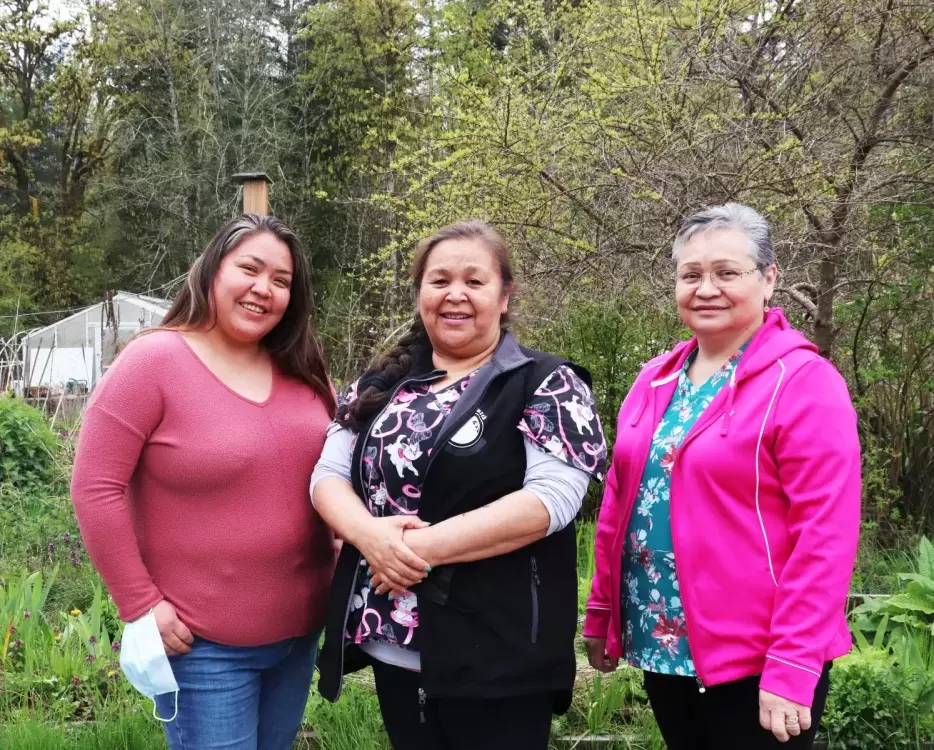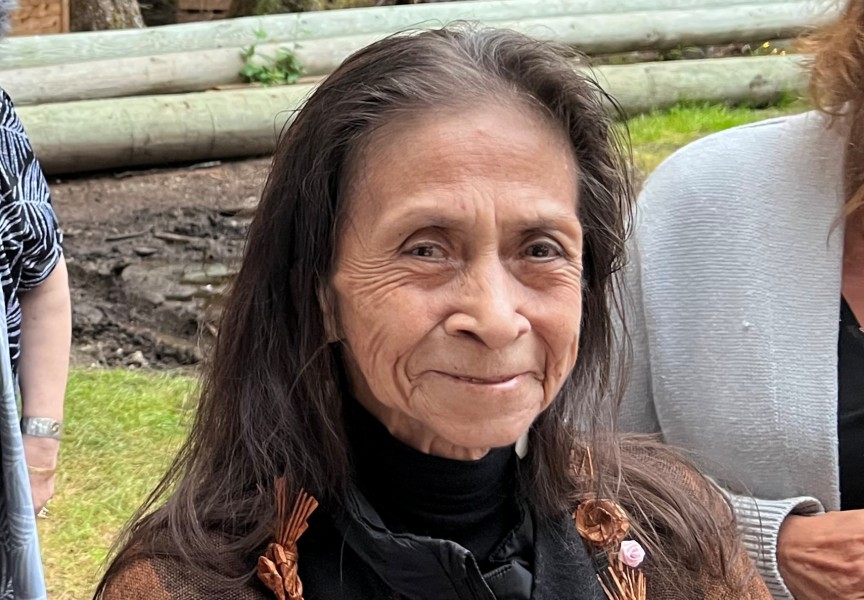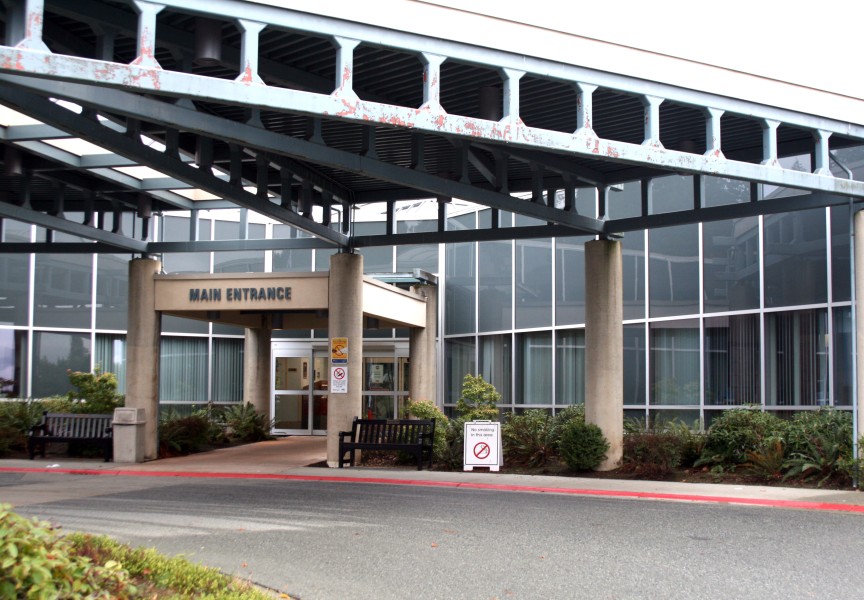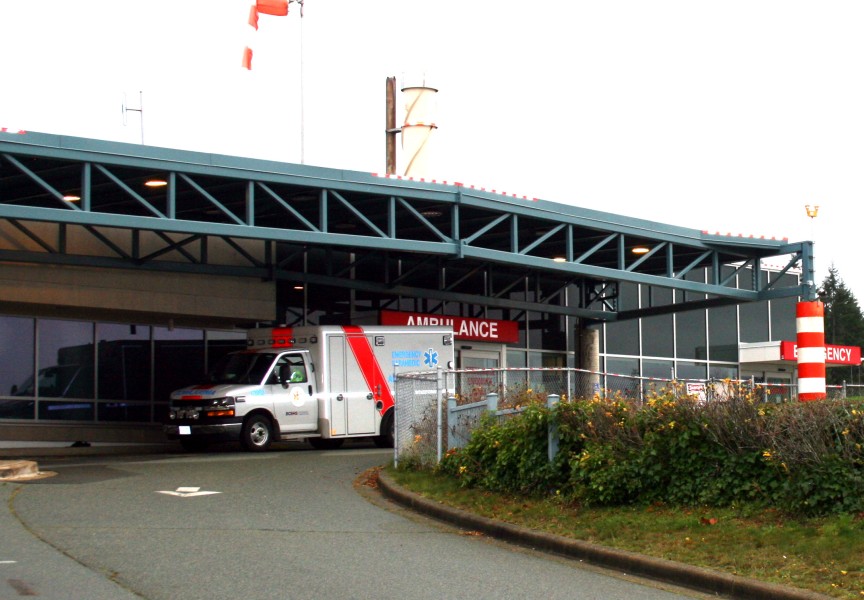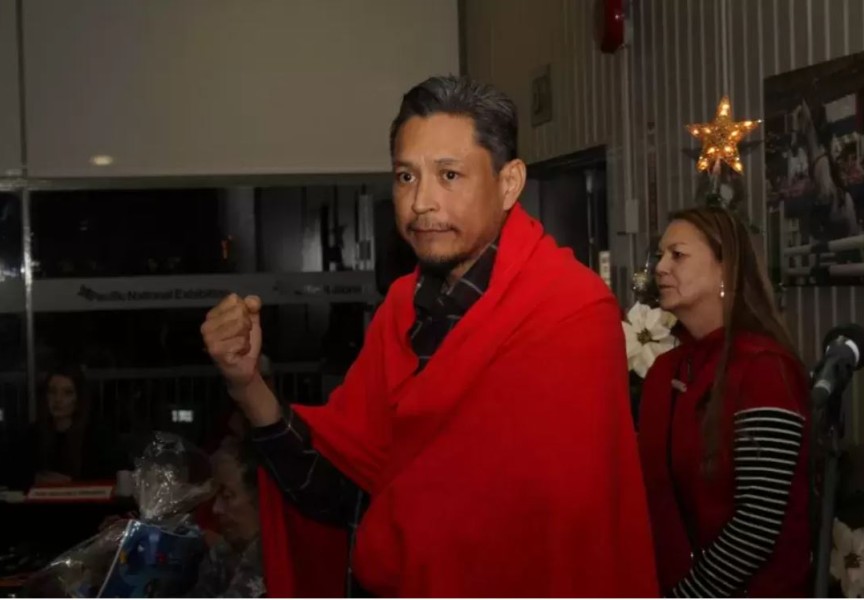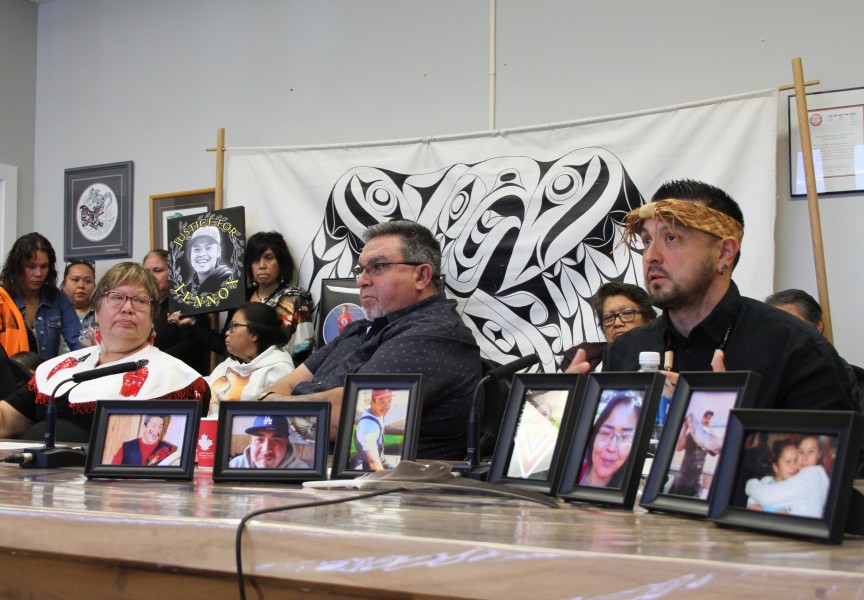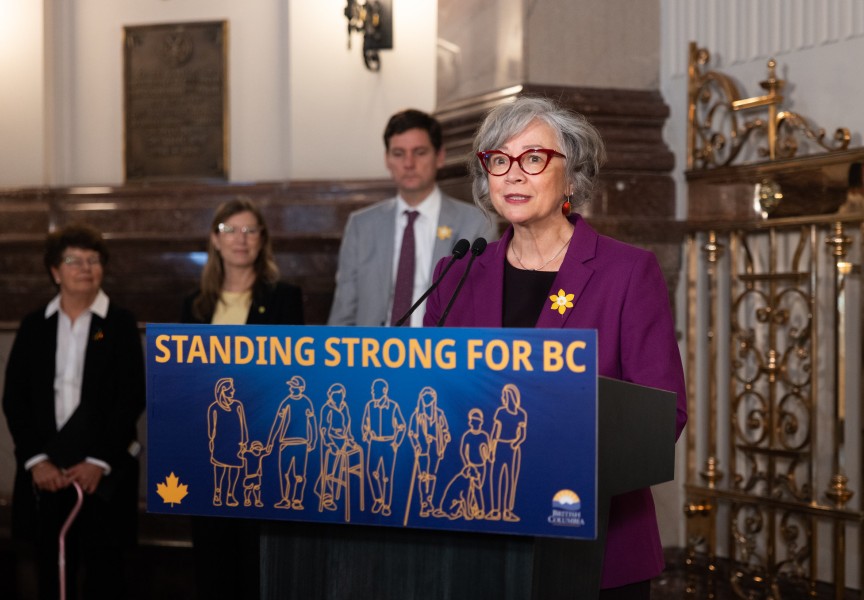Serving Huu-ay-aht, Ditidaht and Hupacasath, Nuu-chah-nulth Tribal Council (NTC) home care aids are filling a gap for isolated communities.
The newer home-care program started with just one care aide in September 2020 and grew to three full-time workers and one casual in January of this year. The professionals support elders and their families with managing mobility impairments, chronic illnesses and acute health care needs in their home.
“It is really nice to go into isolated communities and give that care, fulfill basic care needs, but also have that certain connection - I’m First Nations myself and being able to connect with clients that are familiar with who I am and where I’m from,” said NTC home care aid Kaytlen Lucas.
Lucas, who is from Hesquiaht First Nation, began working as a home care worker when she was 19 years old but had been providing aid for her father since she was 17.
“My dad had initially fell sick when I was 17 and I spent a lot of time with him in Victoria helping take care of his basic needs, and it just kind of sparked that care-taking part of me that I enjoy,” Lucas said. “I was able to do that same care and affection that I did with my dad to clients that I see and started seeing from the time I was 19.”
Lucas said typically communities will contract home care positions to people or organizations in their own community, but with smaller, more isolated places within Huu-ay-aht and Ditidaht territory there is no one available to provide that type of care. The NTC home care aides travel to fill the gap.
So far, Lucas said the workload is manageable with four care aids, but like with most health care settings, things can change quickly.
“I think right now the workload that we have is okay and we’re handling it, but I think ideally all of us would like to fulfill more needs for whoever needs it,” Lucas said.
The best part of the job for Lucas is the companionship she experiences with her clients.
“Sitting with somebody and getting to know each different personality and each different person, finding their humorous side or their caring side and understanding why somebody is the way they are and saying, ‘Wow, I can really appreciate that about them,’’ Lucas said.
Catherine Gislason, NTC clinical nurse leader and acting nursing manager, said the home care program is filling a need for remote communities.
“The nations control the funding [for their community] and they hire their own people, and often time there’s no one to be had, no one trained, no resources to draw from. It’s not that they can’t afford to run their own [program], it’s just that there is no one [to work],” Gislason said. “The NTC is providing that for these three nations. For Huu-ay-aht and Ditidaht it’s mostly because there’s no one to be had, there’s no one out there.”
Gislason said the three full-time care aides rotate travelling to each community so clients get to know each person providing their care. She said for the moment the care aides have the workload covered, but as the communities are aging and as the nations are showing more need they may add more workers, which they are prepared for.
The care aids are trained through a standard provincial curriculum, but Gislason said NTC’s health care professionals differ with their care by providing trauma-informed practices.
“We’re not in as much of a hurry, it’s not just tasks, it’s people and we’re quite proud of that,” Gislason said.

